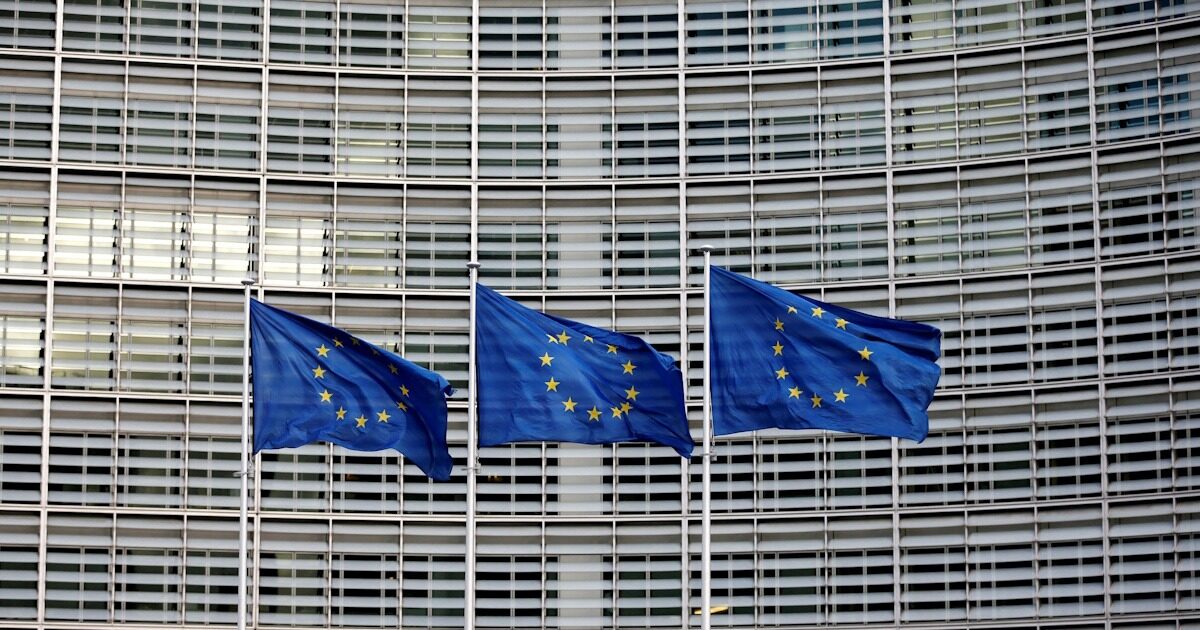Intensify its cooperation with other countries, which are affected by duties of the president of USADonald Trump, the EU Following a series of new threats to the block and other US trade partners, according to Bloomberg.
EU contacts, in order to tackle the pressure of US duties, with nations such as Canada and Japan, could include coordination, the same sources say.
This move comes as talks between the EU and the US have been pulling on and continue to stick to various issues, such as cars and tariff rates in Georgia.
EU’s potential countermeasures
European Commission leader Ursula von der Laien said the EU would extend the suspension of trade countermeasures against the US by August 1, 2025, to allow further talks.
The measures had been adopted in response to the duties that Trump had earlier imposed on steel and aluminum, before being suspended for the first time, and they were going to implement at midnight on Tuesday, July 15, 2025.
“At the same time, we will continue to prepare further countermeasures so that we are fully prepared,” von der Layen told reporters in Brussels on Sunday (13.7.2025), while reiterating that the EU prefers a “negotiation solution”.
The current list of countermeasures will affect about 21 billion euros ($ 24.5 billion) of US products, while the EU has another list of US imports worth 72 billion euros, as well as some export controls, which will be presented in Member States today (14.7.25).
Von der Lien also said that the EU’s anti -coercion medium, Block’s strongest commercial tool, will not be used for the time being. “ACI has been created for emergencies,” she said, adding: “We are not there yet.”
In a post on social media in response to Trump’s announcement, French President Emmanuel Macron called for accelerating preparations for reliable countermeasures, including the anti -coercion tool, if no agreement is reached by August 1.
German Chancellor Friedrich Mertz said on Sunday night that 30% duties would hit the exporters of Europe’s largest economy “up to Medouli” if no negotiations are found in the trade dispute.
Mertz said he was closely coordinated with other leaders to ensure that no duties of such magnitude would come into force. “This requires two things: Unity in the European Union and good lines of communication with the US president,” the conservative leader told ARD in an interview.
The proposed tariff rate of 30%, coupled with existing sectoral duties and an expected contribution to critical goods, will raise the increase in the actual US tariff factor in the EU at 26 percentage points, Goldman’s Economists wrote in a note. If they are implemented and maintained, this would reduce the euro area GDP by 1.2% by the end of 2026, with most of the blow still coming.
“The EU will probably react with 30% duties at all levels gradually, starting from the day the new US duties are implemented, increasing the risk of further trade in trade,” Goldman Sachs economists wrote. However, the latest threat “could well be a negotiating tactic”, so economists persist in their basic scenario, where current levels of duties are agreed, including 10% in all goods and 25% in steel, aluminum and cars.
Trump has sent letters to a series of commercial partners, modifying the levels of duties proposed in April and inviting them to further conversations. In a letter published on Saturday, the US president warned the EU to face a 30% rate from next month if they could not negotiate better terms.
The EU is talking to the US about trade, Trump told reporters on the joint base of Andrews in Maryland on Sunday.
The EU had sought to conclude a temporary agreement with the US to prevent higher duties, but Trump’s letter interrupted recent optimism in Brussels on the prospects of a last -minute deal. Other countries such as Mexico, which is also negotiated with the US, were surprised when they received similar letters.
The EU is seeking duties that will not exceed 10% in agricultural exports. A compensation mechanism that some automakers had promoted as a way of granting a tariff relief to companies in exchange for investment in the US is not currently under consideration, amid EU concerns that it could transfer production beyond the Atlantic.
EU negotiators are focusing on duty duties in cars, According to Bloomberg.
Negotiations between the US and the EU are expected to continue this week, the same sources said.
The US and the EU are discussing an initial agreement that would see most of the EU exports being charged a 10%duty, with limited exceptions for some sectors such as aviation and medical products, Bloomberg said earlier. The EU has also supported the reduction of the factors in alcoholic beverages and wines, as well as mitigation through duty quotas of 50% imposed by Trump on steel and aluminum. The US has proposed a 17% duty to agricultural products. Any initial agreement will also cover non -tariff barriers, financial security cooperation and strategic markets.
In addition to a universal tax expected now in August, Trump has also imported 25% duties on cars and spare parts, as well as twice as many of them in the metals. The President is working to import duties in other areas, including pharmaceuticals and semiconductors, and recently announced a 50% duty to copper.
Any agreement at this stage will not automatically protect the EU from these sectoral measures but The EU continues to seek privileged treatment in potentially affected industries.
